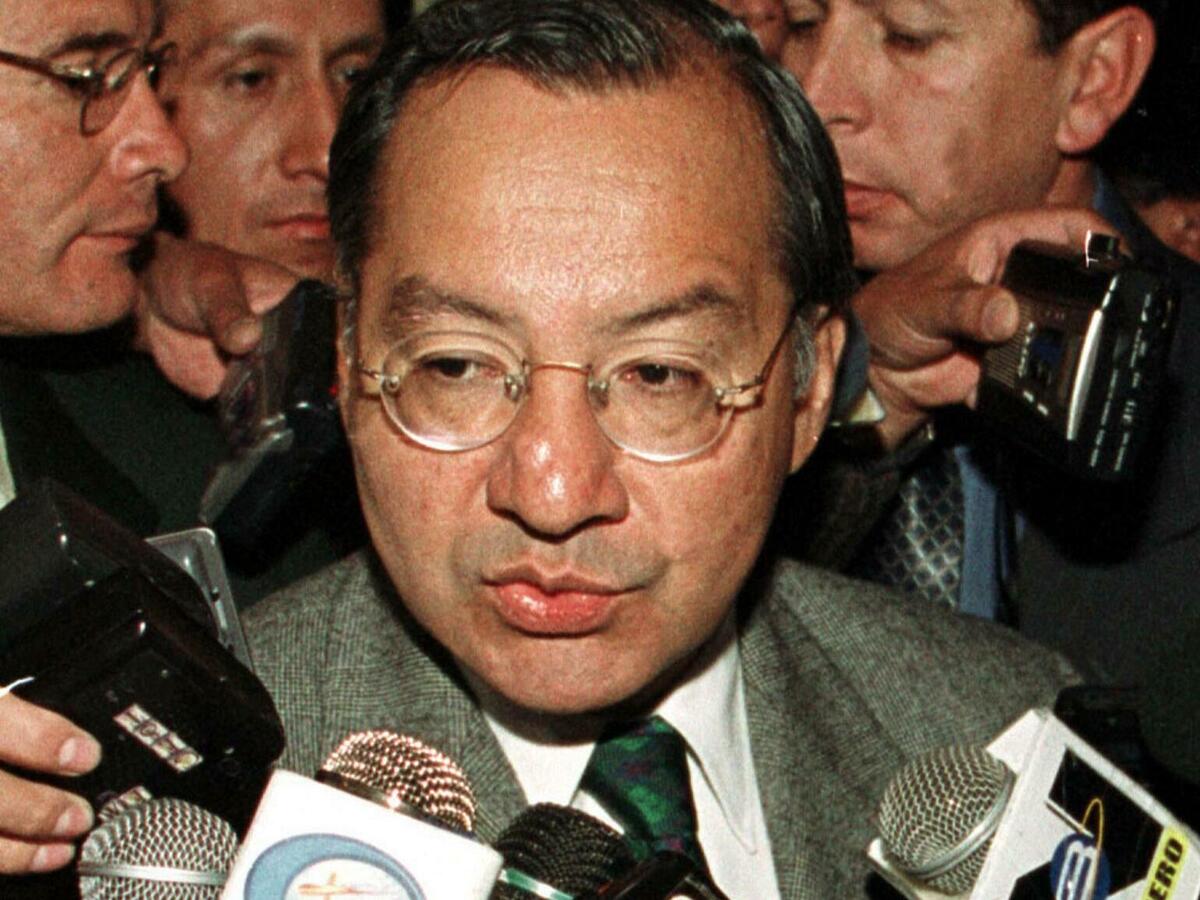
Former US ambassador to Bolivia, Manuel Rocha in 2001. Rocha is accused of secretly serving as an agent for the Cuban government. Gonzalo Espinoza/AFP via Getty Images hide caption

Former US ambassador to Bolivia, Manuel Rocha in 2001. Rocha is accused of secretly serving as an agent for the Cuban government.
Gonzalo Espinoza/AFP via Getty ImagesDiplomat and former US Ambassador Manuel Rocha is facing charges related to secretly serving as an agent of Cuba's government.
Rocha is the latest in a long line of spies, who have worked for the federal government while spying for other countries. Some for decades at a time.
NPR's Mary Louise Kelly talks to former CIA officer Robert Baer about the charges against Rocha and how he might have managed to go undetected for four decades.
Email us at
This episode was produced by Marc Rivers and Elena Burnett. It was edited by Courtney Dorning. Sami Yenigun is our executive producer.

 Live Radio
Live Radio